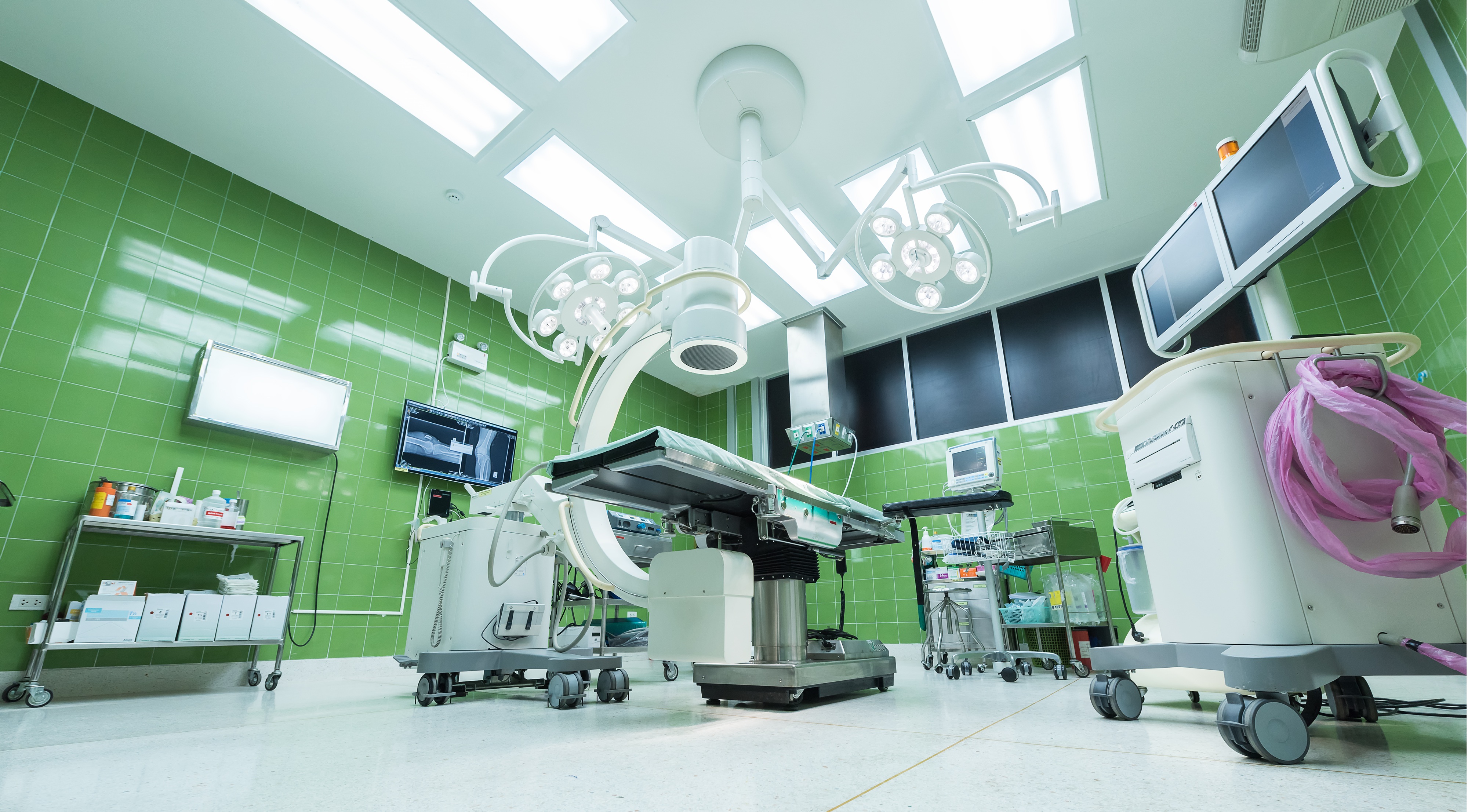
More and more, women looking for options when it comes to their reproductive future have turned to egg freezing. In addition to the rise of “egg freezing parties” nationwide, some employers are even adding egg freezing to their benefits packages. But there are many myths about what freezing your eggs actually is like. So when former Bachelorette star Kaitlyn Bristowe recently referenced the toll that freezing her eggs has had on her body–she was quoted in a Good Morning America segment as saying that egg freezing “wasn’t an easy process” and tweeted that she was on “pain meds”; and her fiancé acknowledged her “strength & courage” in an Instagram post about her experience–it made some wonder: how hard on your body is freezing your eggs?
Jaime Knopman, M.D., a board-certified reproductive endocrinologist and director of fertility preservation for the Colorado Center for Reproductive Medicine, New York, tells SELF that the actual egg freezing process is fairly straightforward. “There are many myths out there surrounding egg freezing–it is super painful, it will make me fat, and it will take several months,” she says. “These are all incorrect.”
From start to finish, the egg freezing process can be done in a month or so, experts say. If you’re interested in freezing your eggs, you’ll start with a consultation with a doctor, says Jennifer Hirshfeld-Cytron, M.D., a board-certified reproductive endocrinologist and director of fertility preservation for Fertility Centers of Illinois. That’s followed by testing on the third day of your cycle to assess the biological age of your ovaries and figure out what dosage you’ll need of ovary-stimulating medications. From there, you’ll have to give yourself some shots and go to your doctor’s office for monitoring for a few weeks before going in for the actual egg retrieval.
Egg freezing prep can cause mild discomfort, but usually nothing more.
Knopman says the prep work before an egg retrieval, the procedure in which doctors actually remove the eggs from your ovaries, is “pretty minimal.” Women are usually given injectable gonadotropins, hormones produced in the brain that in a normal menstrual cycle work in tandem to stimulate the production and release of an egg. “When given in higher doses…we can stimulate ovaries to produce multiple eggs,” she explains.
Women usually start injecting themselves with gonadotropins on the third or fourth day of their period, Hirshfeld-Cytron says, and a third medication is added around day eight to 12 of the cycle that prevents their ovaries from actually releasing the eggs. “It’s not a foreign substance and people do not have unusual reactions–they usually feel quite well when taking the stimulants,” Mark Surrey, M.D., cofounder and medical director of the Southern California Reproductive Center, tells SELF. At one point, a woman will have two or three injections a day, and will need to go to the doctor’s office for frequent monitoring, usually every day or every other day.
Most women feel fine on the medications, but you may experience bloating, fertility expert Carl Herbert, M.D., of Pacific Fertility Center, San Francisco, tells SELF. “Fitted clothing may be uncomfortable for a day or two before you take out the eggs and a week after,” he says. Here’s why: The medications you take pre-egg retrieval stimulate follicles in your ovaries and can produce more than a dozen eggs, where typically your body would just produce one. “Your ovaries may be bigger as a result, and your tummy is going to bloat out,” he says.
And, despite what you might have heard, the hormones won’t make you feel out of it, Knopman says. “Estrogen actually makes most of us feel pretty good. The medications will increase your estrogen level and so you will feel fairly energized.”
The retrieval process is usually an outpatient procedure using anesthesia.
You’re under anesthesia for the actual retrieval, and Herbert says the whole process–which involves going in vaginally and using a small needle to get the eggs–takes about five to 10 minutes. However, Surrey says you should plan to be at the clinic for about an hour after your procedure is done to recover from the anesthesia. You’ll also need someone to drive you home.
“While you will feel some discomfort when you wake up–cramping, bloating–you shouldn’t feel any pain,” Knopman says. Spotting and cramping is pretty common after you undergo an egg retrieval, Hirshfeld-Cytron says, and you may feel nauseous and wiped out. “It’s definitely a couch potato type of day, but the vast majority of patients are back at work the next day,” she says.
Once you get your period, which should happen about 10 to 14 days after the egg retrieval, all of your symptoms should go away, Herbert says.
If you’re thinking of freezing your eggs, here’s what you can expect it to cost, and how effective it can be.
Freezing your eggs isn’t cheap: Experts say it usually costs about $10,000 up front, plus a few hundred dollars a year to store the eggs. Like many fertility-assistance procedures, freezing your eggs isn’t a guarantee that you’ll be able to get pregnant–and age is a factor. “Egg freezing is a wonderful option for women, but they do need to realize that the age at which a woman freezes her eggs can impact future success,” Jane Frederick, M.D., a board certified reproductive endocrinologist and fertility expert from Orange County, Calif., tells SELF. An egg is also a single cell and is more fragile than an embryo, she points out, so if a woman has a partner she wants to create embryos with, that’s a better option–embryos are grown out for five days in the lab and contain more than 100 cells. Once an embryo is tested and deemed “genetically normal,” Frederick says there is a 60 to 80 percent chance of pregnancy with that embryo. “We don’t expect every egg to fertilize and every fertilized egg to grow to be a normal embryo so a patient should consider that potentially 75 percent of eggs will fertilize, half of those will make it to blastocysts and half of the blastocysts will be normal,” she explains. “So if someone has 28 eggs frozen, then 21 would fertilize, 10 would make it to blastocyst and hopefully five would be normal embryos and then each of those embryos would have a 60 to 80 chance of creating a successful pregnancy.”
Where you go matters too, Hirshfeld-Cytron says –you want to go to a facility that has done this for a while and has a high rate of success. “You want a facility where they haven’t just frozen eggs, but created children from the eggs that are frozen,” she says. “All places are not the same.”

